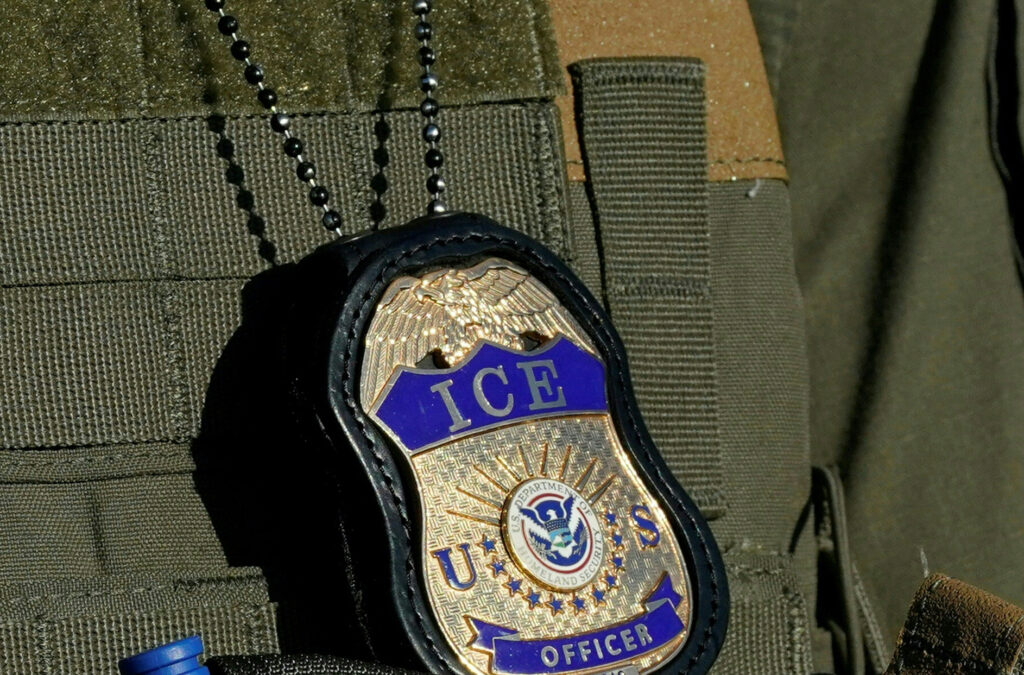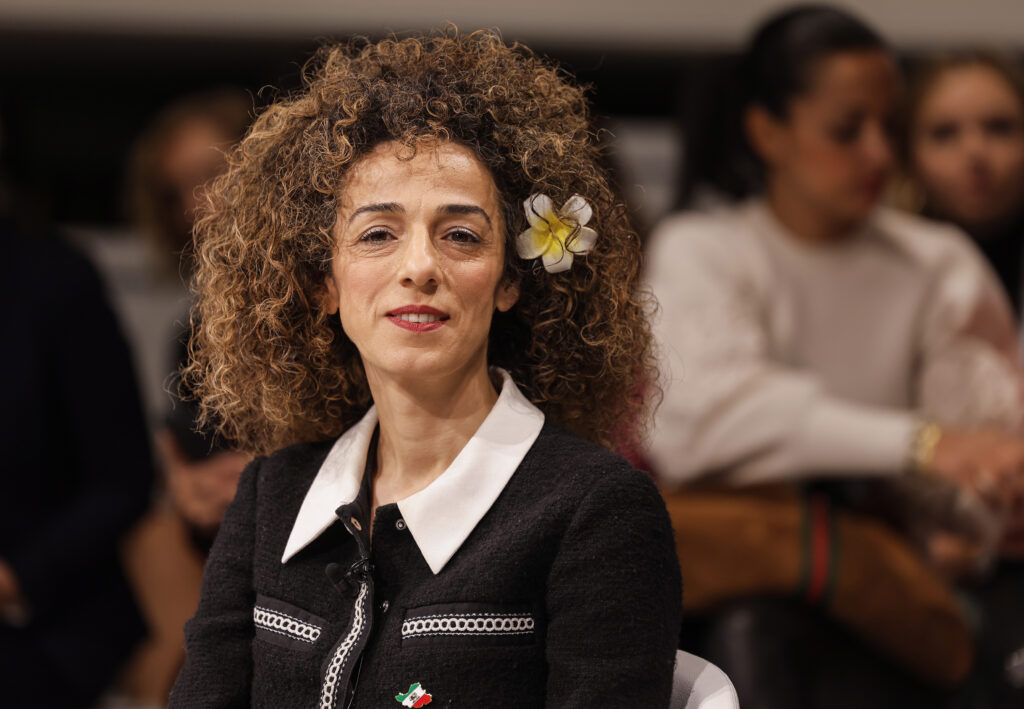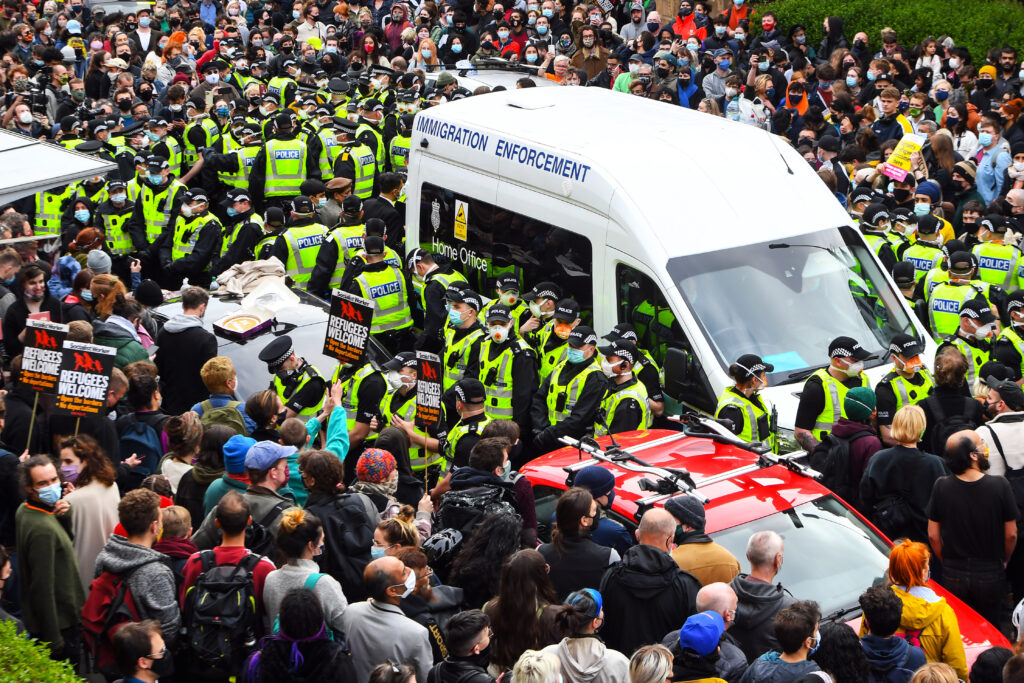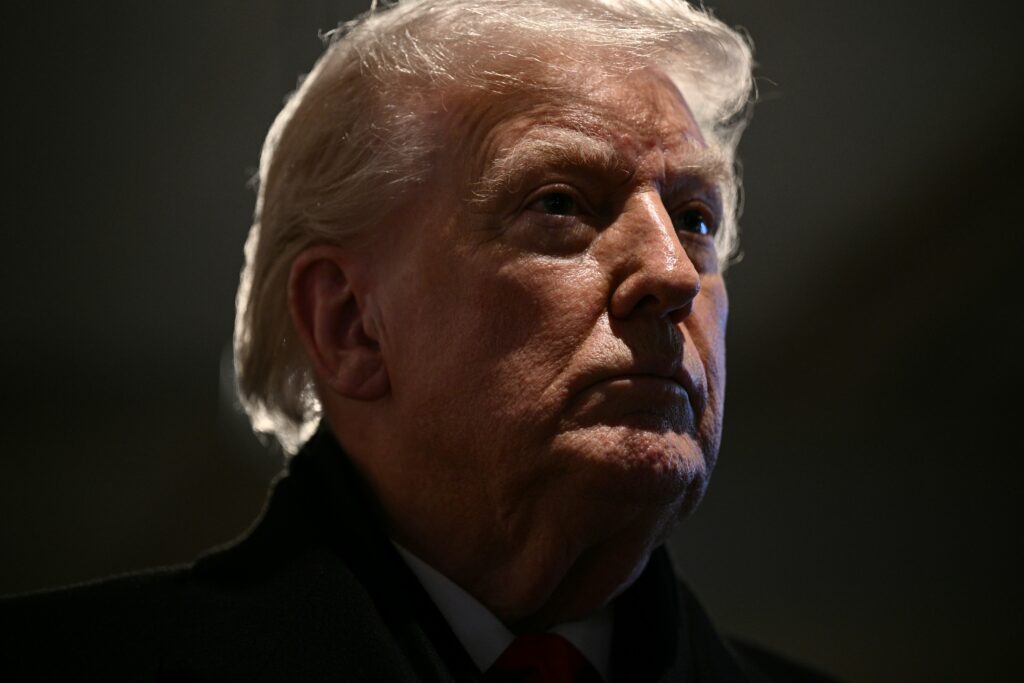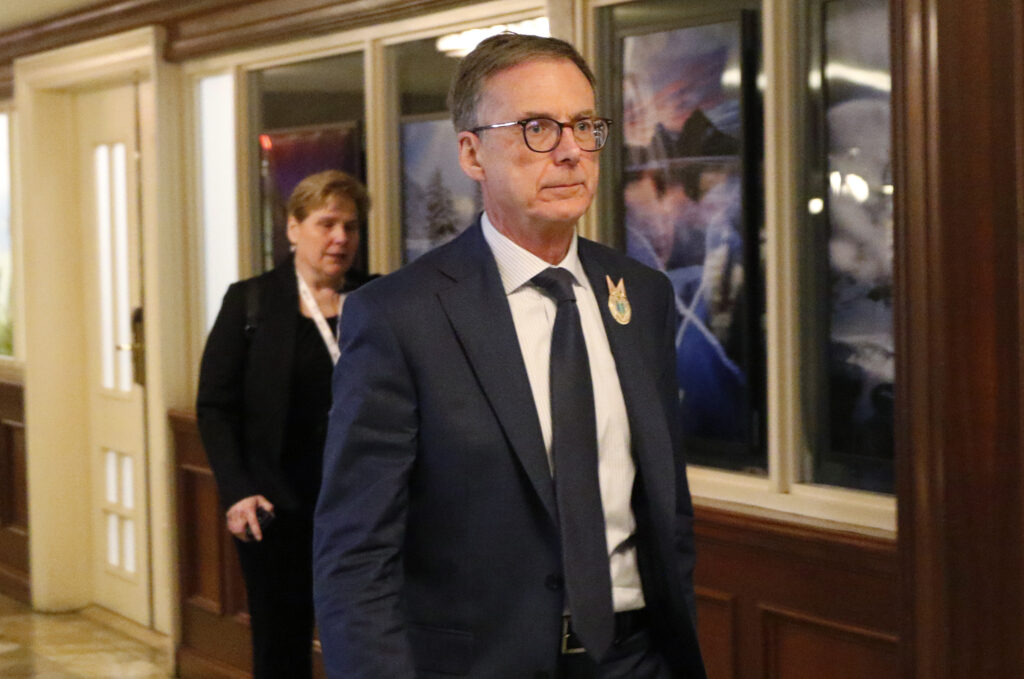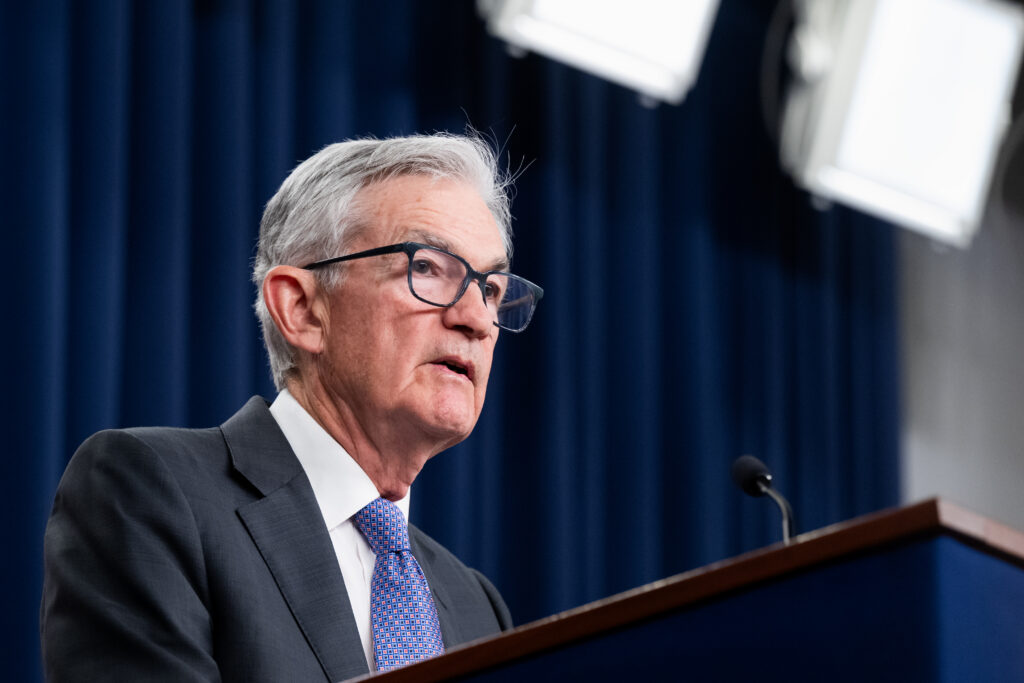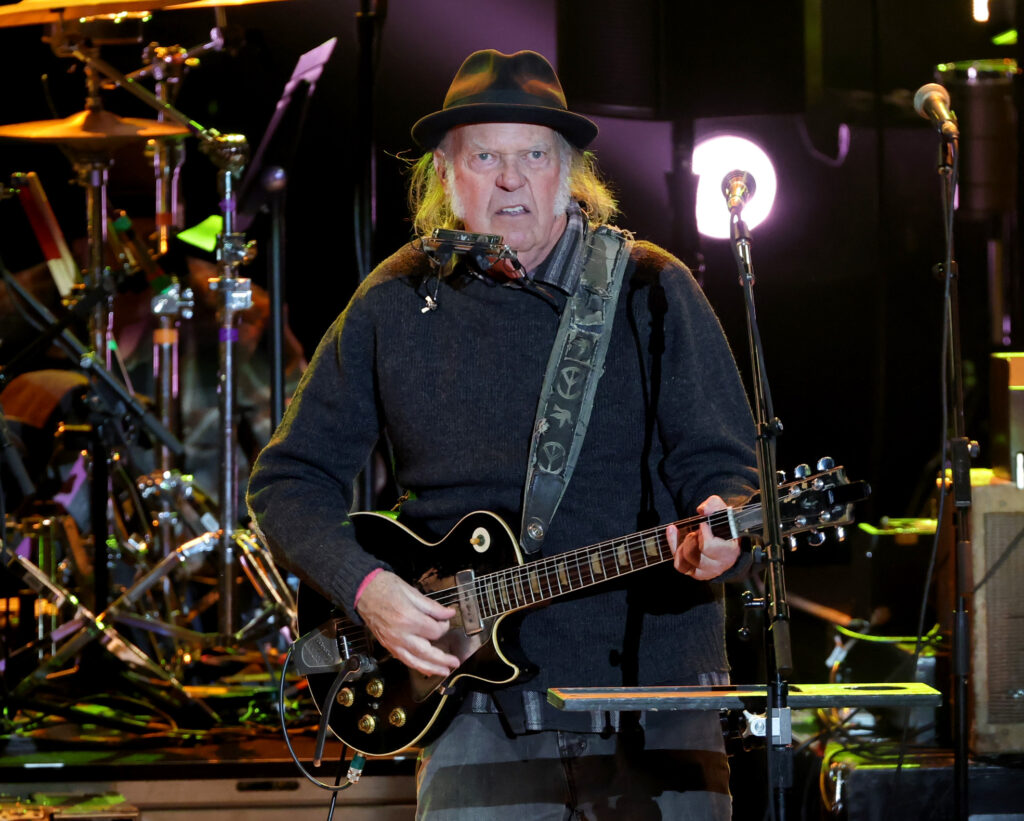US ambassador says no ICE patrols at Winter Olympics
A branch of the US Immigration and Customs Enforcement (ICE) sent to Italy for the Winter Olympics will not carry out patrols and will have only an “advisory” role, Washington’s ambassador to Rome said on Wednesday.News of its deployment for the February 6-22 Games in Milan-Cortina has sparked anger in Italy, after the agency’s involvement in an often brutal crackdown on immigration in the United States.But US ambassador to Italy Tilman J. Fertitta said ICE’s Homeland Security Investigations unit will be “strictly advisory and intelligence-based, with no patrolling or enforcement involvement”.”At the Olympics, HSI criminal investigators will contribute their expertise by providing intelligence on transnational criminal threats, with a focus on cybercrimes and national security threats.”All security operations will remain the responsibility of Italian authorities,” he said after meeting Italy’s Interior Minister Matteo Piantedosi.ICE operations in a number of US cities have triggered large-scale protests, and the recent killings of two demonstrators have caused outrage.Agents accused of violence there are from a different division than that earmarked for the Olympics.Fertitta said the HSI focuses on “cross-border criminal activity, ranging from investigating human smuggling, narcotics trafficking, child exploitation, financial crimes, intellectual property right theft, to recovering stolen art and antiquities”.The Italian authorities initially denied speculation that ICE would be present at the Games, then played down their role, suggesting that they would only be helping with security for the US delegation.US Vice-President JD Vance and Secretary of State Marco Rubio are expected at the opening ceremony at Milan’s San Siro stadium on February 6.Italy’s political opposition has asked the government to refuse the deployment, and protests are expected in the coming days in Rome and Milan.

